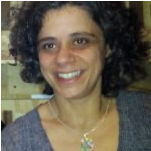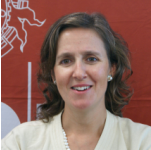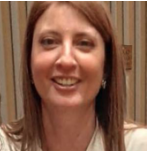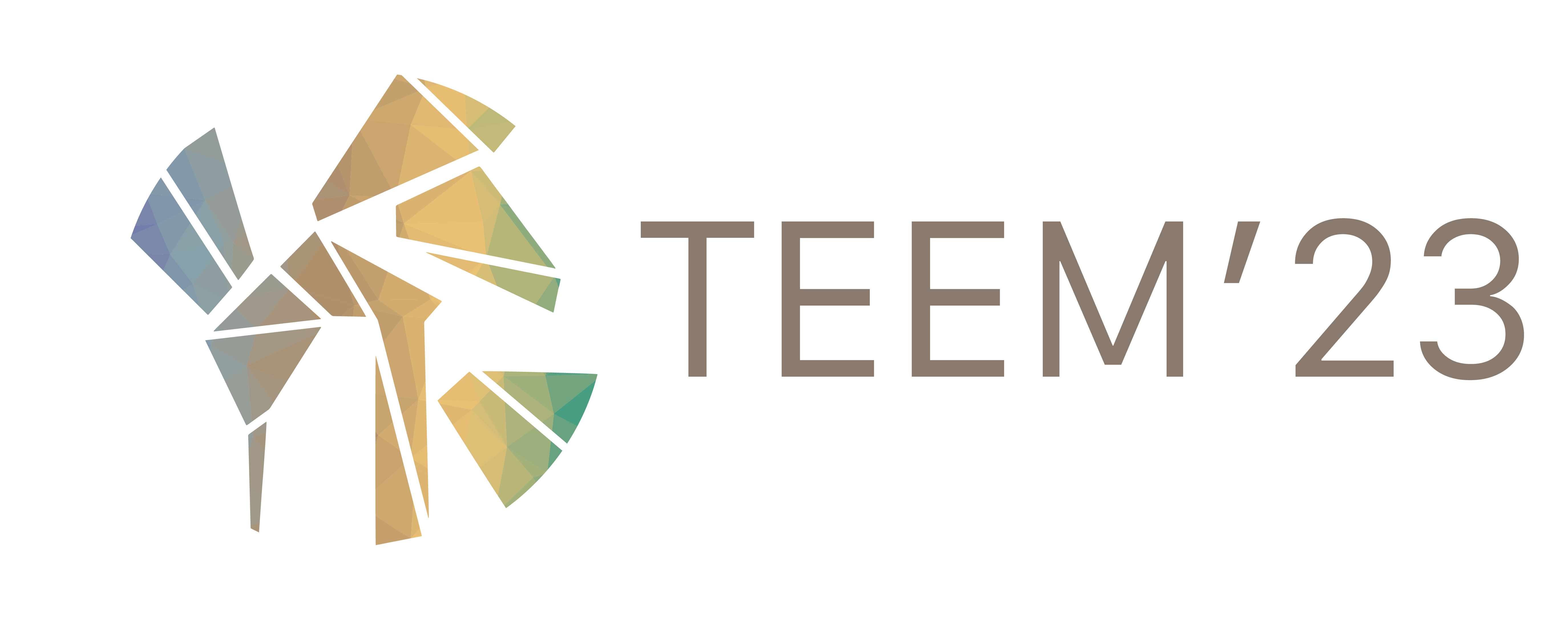Engineering education shifted from a traditionally approach, centred in developing knowledge and technical skills, to a more human-centred approach in recent years. This included incorporating social skills development into attention. Communication, multiculturality embracing or teamworking has become very important issues to address along with the technological education. In a time where sustainability concerns are emergent, more than ever, HE institutions must support the needs and demands of their community and society. The more open professionals are to interdisciplinary, diversity and multicultural contexts, the more adaptable and resourceful they become to deal with the problems they encounter. By sharing these experiences and good practices with other HEIs and professionals, we may globally disseminate them among more disfavour regions. Accordingly, this track is dedicated to share reflections on issues in engineering education concerning technology education and multiculturality. Certainly, education in technology cannot be carried out separated from the society in which it takes place; in fact, it is traversed by conditions which are specific to each context. Within this framework, we welcome different approaches in a broad sense: research work in this field based on qualitative, quantitative, or mixed analyses, compared studies, works describing good educational practices, liaisons with the industry, students’ competences gaps, etc., that can be helpful to teachers and students to be prepared as competent professionals.
Topics
- Multicultural aspects of engineering education
- Project work in engineering education
- PBL engineering experiences
- Learning gains from contacts with engineering profession
- Improving engineering professional, social and/or scientific competences
- Engineering graduate students’ competences versus companies’ professional needs
- Long term vision about engineering education
- Capstone projects – final year projects
- Cornerstone projects – first year projects
- Emerging technologies in teaching
- Merging academia and professional practices
- Online teaching and learning in engineering
Track Scientific Committee
Alexandre da Silva Pinto, Escola Superior de Educação do Porto, Portugal
Ana Pavani, PUC-Rio, Brazil
André Fidalgo, Instituto Superior de Engenharia do Porto, Portugal
Bernardino Lopes, Universidade de Trás-os-Montes e Alto Douro, Portugal
Bertil Marques, Instituto Superior de Engenharia do Porto, Portugal
Carlos Felgueiras, Instituto Superior de Engenharia do Porto, Portugal
Celina Leão, Universidade Minho, Portugal
Claudius Terkowsky, TU Dortmund University, Germany
Diogo Ribeiro, Instituto Superior de Engenharia do Porto, Portugal
Elisabete Nogueira, Instituto Superior de Engenharia do Porto, Portugal
Florencia Rosso, National Technological and Scientific Research Council, Argentina
Graciela Carnevali, National Technological University, Argentina
Gustavo Ribeiro Alves, Instituto Superior de Engenharia do Porto, Portugal
J. P. Cravino, Universidade de Trás-os-Montes e Alto Douro, Portugal
Javier Garcia-Zubia, Universidad de Deusto, Spain
Joaquim Alves, Instituto Superior de Engenharia do Porto, Portugal
Juarez Bento da Silva, Universidade Federal de Santa Catarina, Brazil
Luis Schlichting ,Instituto Federal de Santa Catarina, Brazil
Manuel Castro, UNED, Spain
Marcela Cavallo, National Technological University, Argentina
Marcelo Zannin, Universidade Federal de Santa Catarina, Brazil
Margarida Ribeiro, Instituto Superior de Engenharia do Porto, Portugal
María Eugenia Talavera, National Technological and Scientific Research Council, Argentina
Ricardo Costa, Instituto Superior de Engenharia do Porto, Portugal
Rosa Cabrales, Universidad de Oriente, Cuba
Sonia Concari, Universidad Tecnológica Nacional, Argentina
Susana Marchisio, Universidad de Rosario, Argentina
Teresa Sena Esteves, Instituto Superior de Engenharia do Porto, Portugal
CHAIRS:

Clara Viegas
Polytechnic Institute of Porto – School of Engineering, Portugal

Natércia Lima
Polytechnic Institute of Porto – School of Engineering, Portugal

M. Isabel Pozzo
National University of Rosario, Argentina
